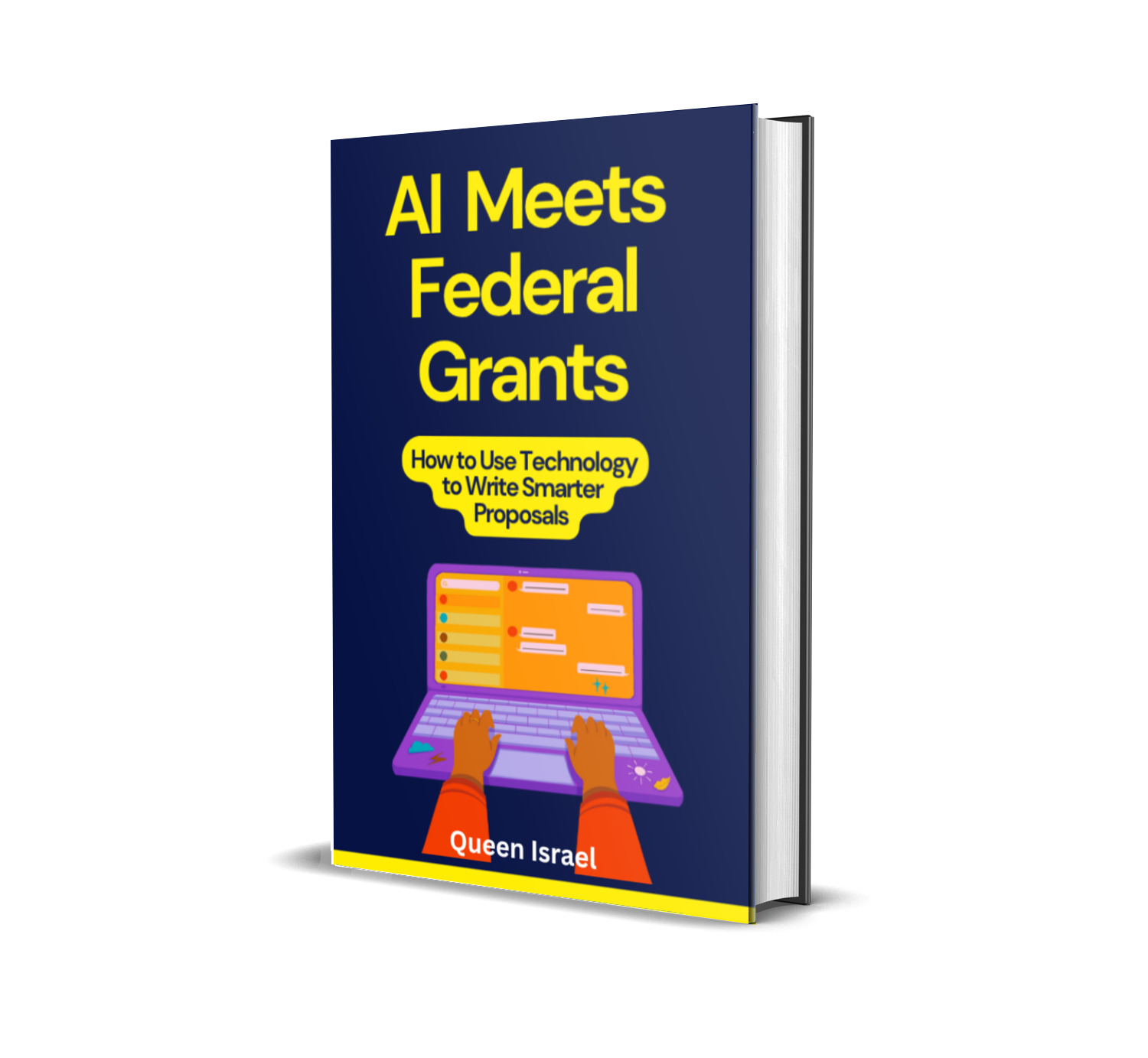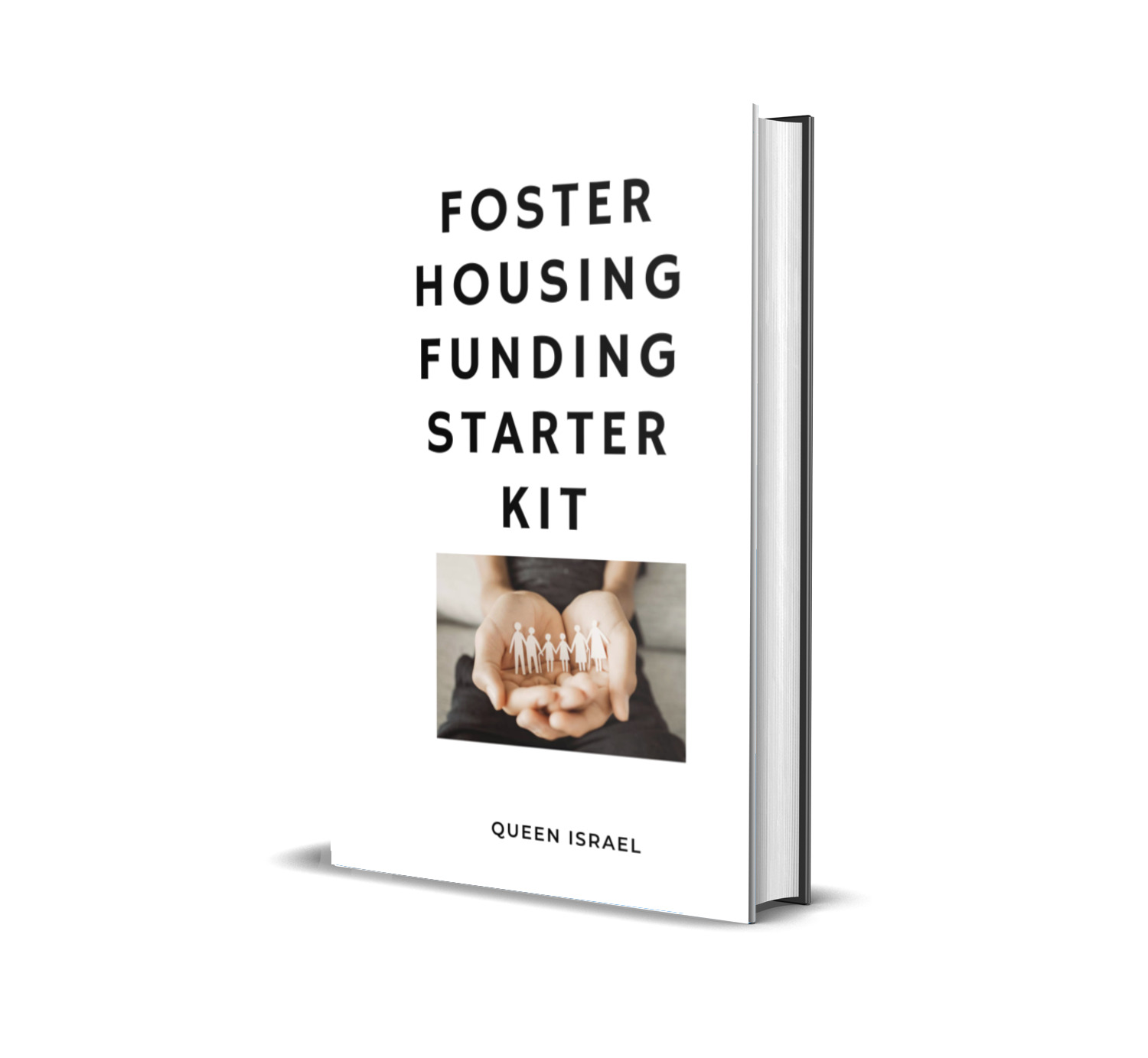Mistakes to avoid when writing a grant include;
- Failing to thoroughly research the funding organization and its guidelines – let’s say you’re writing a grant proposal for a non-profit organization that provides education and training programs for underprivileged youth. You come across a funding organization that seems like a good fit, but you don’t take the time to fully research their guidelines and funding priorities. As a result, you submit a proposal that focuses on job training programs for young adults, even though the funding organization is primarily interested in supporting early childhood education initiatives. Your proposal is likely to be rejected because it doesn’t align with the funding organization’s priorities.
- Not clearly defining the problem or need you’re trying to address – For instance, you’re writing a grant proposal for a community center that provides after-school programs for children. In your proposal, you briefly mention that there is a need for these programs, but you don’t provide any specific information about the problem you’re trying to address. As a result, the funding organization may not fully understand the impact of your project and why it’s worthy of funding.
- Underestimating the budget or lacking a detailed budget plan – For example, let’s say you’re writing a grant proposal for a local animal shelter. In your budget plan, you estimate that you will need $50,000 to cover all expenses for the next year. However, you don’t include a detailed breakdown of how you arrived at this figure, and you don’t include any contingencies for unexpected expenses. As a result, the funding organization may question the accuracy of your budget and wonder if you have a realistic plan in place.
- Neglecting to include a strong evaluation plan – e.g, let’s say you’re writing a grant proposal for a community garden project. In your proposal, you briefly mention that you will measure the success of your project by counting the number of people who use the garden. However, you don’t provide any specific goals or objectives, and you don’t explain how you will track progress or evaluate results. As a result, the funding organization may not be convinced that your project will have a meaningful impact and may be hesitant to fund it.
- Not paying attention to format and presentation – For example, let’s say you’re writing a grant proposal for a youth mentorship program. In your proposal, you use a small font size, wide margins, and exceed the page limit specified in the funding organization’s guidelines. As a result, the funding organization may find your proposal difficult to read and may not take the time to fully consider it.
- Being too generic or not tailoring your proposal – e.g, let’s say you’re writing a grant proposal for a local food bank. In your proposal, you use generic language and information from previous proposals, without taking the time to tailor your proposal to the specific needs and priorities of the funding organization. As a result, the funding organization may not see the unique impact your project will have and may not consider it as a top candidate for funding.
By avoiding these mistakes, you’ll increase your chances of writing a strong, well-received proposal that will help you secure the funding you need for your project or organization.






